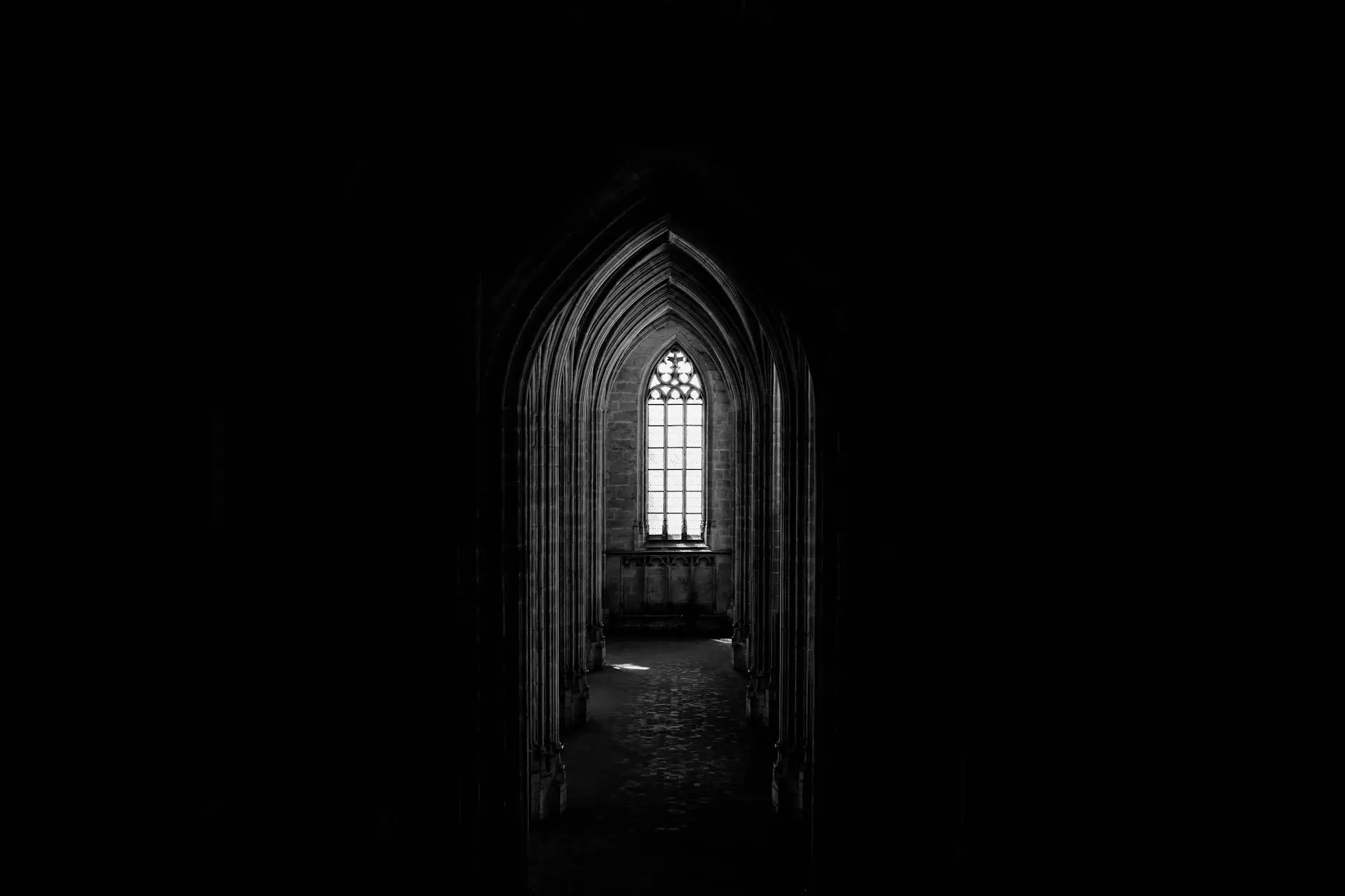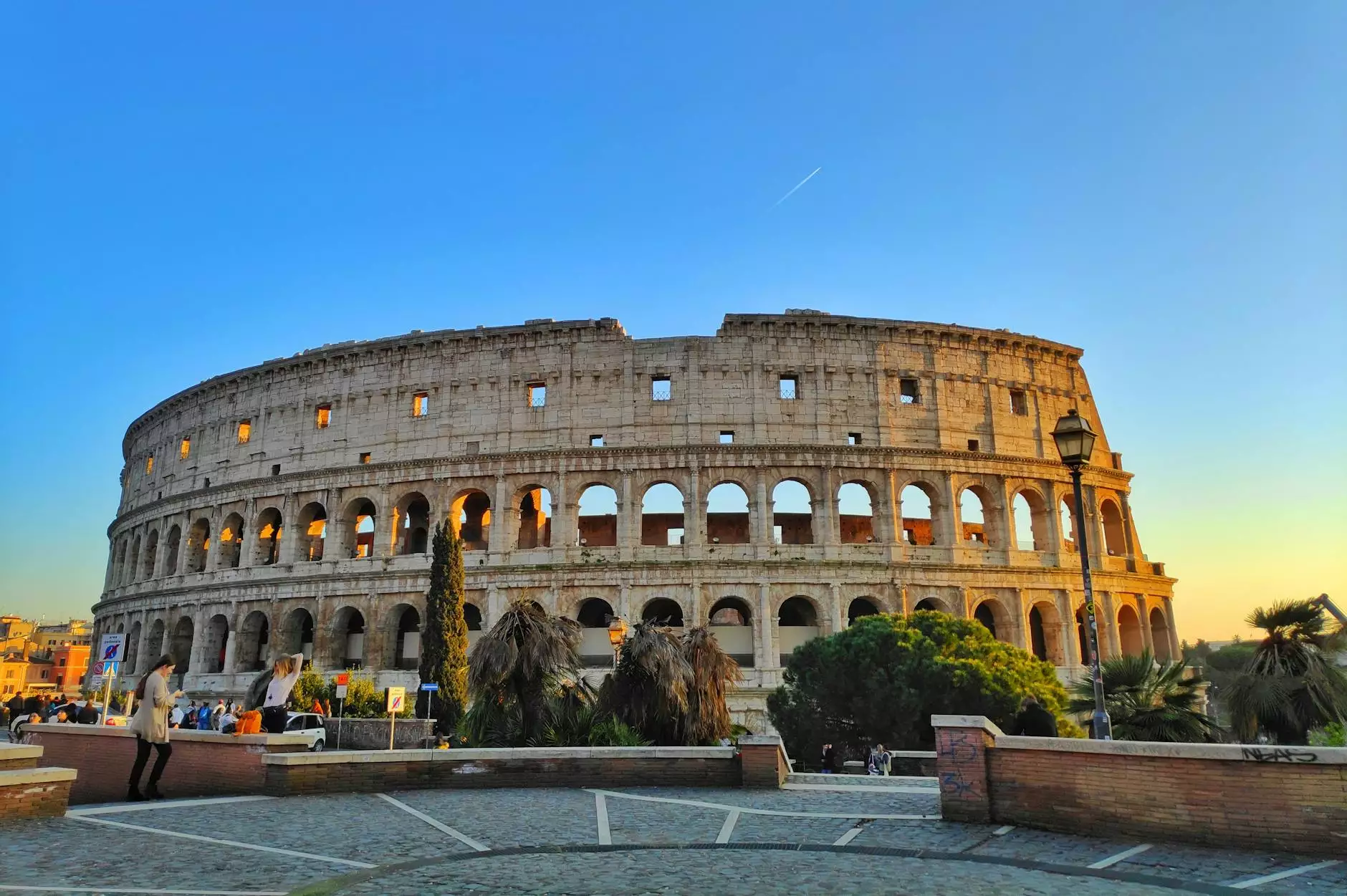Pop Culture and the Nuclear World

The Intersection of Pop Culture and Nuclear Influences
As an organization dedicated to exploring the complexities of faith and beliefs within our society, Peace Church acknowledges the profound impact of the nuclear world on various aspects of our lives. One area where this influence is unmistakable is in the realm of popular culture. In this article, we delve into the connections between pop culture and the nuclear world, highlighting their interplay and significance.
The Evolution of Nuclear Themes in Pop Culture
Throughout the decades, pop culture has served as a reflection of societal trends, emotions, and fears. The nuclear world, with its potential for destruction and power, has naturally become a captivating topic for many creative minds. From the early days of the Cold War to the present, we can witness the evolution of nuclear themes in various art forms, including literature, films, music, and more.
Impact on Literature
One can trace the beginnings of the nuclear narrative back to the mid-20th century, with seminal works such as "Nineteen Eighty-Four" by George Orwell and "Fahrenheit 451" by Ray Bradbury. These dystopian novels explored a world shaped by the fear of nuclear war, highlighting the consequences of technology and totalitarianism.
The Silver Screen and Nuclear Anxiety
Moving into the realm of cinema, the nuclear world has provided ample fodder for filmmakers to explore human fascination with power, destruction, and survival. Movies like "Dr. Strangelove," "The Day After," and "Threads" captured the anxieties surrounding nuclear conflict, leaving a lasting impact on viewers and provoking discussions about the lasting effects of such catastrophic events.
Nuclear Experiences through Music
Music has also been deeply influenced by the nuclear world, as artists found ways to convey their fears, hopes, and messages through melodic expressions. From iconic songs like "It's the End of the World as We Know It (And I Feel Fine)" by R.E.M. to the anthemic "99 Luftballons" by Nena, musicians have incorporated nuclear themes into their compositions, providing a backdrop for contemplation and reflection.
The Significance in Our Modern Society
Although the nuclear world is no longer at the forefront of public consciousness as it once was during the height of the Cold War, its influence on pop culture remains relevant and impactful. Through the lens of Peace Church, we aim to bring attention to the enduring significance of these topics in our modern society.
Education and Awareness
By exploring the connections between pop culture and the nuclear world, Peace Church seeks to educate and raise awareness about past and present nuclear issues. Through thought-provoking discussions, events, and media, we strive to foster a deeper understanding of the implications of nuclear power and warfare.
Reflection and Action
At Peace Church, we believe that understanding the role of pop culture in shaping our society's perceptions and concerns allows us to reflect on our responsibilities as individuals and as a community. By critically analyzing the representations of the nuclear world in pop culture, we can identify ways to promote peace, advocate for disarmament, and inspire positive change.
In Conclusion
Pop culture and the nuclear world have a complex, intertwined relationship that reflects our society's fears, hopes, and aspirations. Peace Church acknowledges the power of narratives embedded in popular culture and invites you to join us in exploring these connections. Through education, reflection, and action, we can collectively navigate the complexities of the nuclear world and strive for a more peaceful future.









